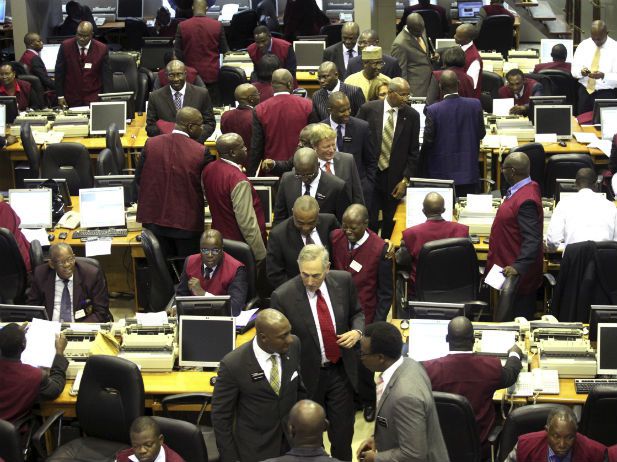By Odunewu Segun
A stock market expert has blamed the tense political developments in the Nigeria coupled with some negative macro-economic statistic as being responsible for the lackluster performance of the Nigeria Stock Exchange in recent times.
Reacting to the recent ranking of Nigeria’s stock market as the worst performing in Africa, MD/CEO of Cowry Asset Management, John Chukwu, said that the major constrictive factor that led to weak performance of the Nigeria equities market is the present political situation, adding that none of the countries that outperformed the NSE is going through a national election fever.
Recall that the NSE had ranked the best performing in Africa in 2017. It was also ranked the third best in the world last year by ‘CNN Money’ after recording a whopping 48 percent returns on investments during the year.
However, National Daily learnt that as at September 3, 2018, the NSE All Share Index, ASI, had fallen by -11.3 percent YtD.
The weekly pan-African stock market monitor by United Capital Plc, a Lagos based investment house, which built the statistics indicated that BVRM (“Regional Securities Exchange) was the second worst performing stock market in Africa with a negative return of -11.1 percent YtD.
BVRM covers Francophone West Africa’s weaker economies including Benin Republic, Burkina Faso, Guinea Bissau, Cote d’Ivoire, Mali, Niger, Senegal and Togo.
The analysts listed Morocco Stock Exchange as the third performing with -7.1 percent negative return. South Africa, competing for leadership position amongst African economies by size, also had its bourse, the Johannesburg Stock Exchange, JSE, going down, but was better off with a -1.3 percent negative return.
Chukwu said the earlier part of 2018 year witnessed a lot rumbling in the ruling party, which scared foreign investors away from the market.
“So, 2018 is completely different from 2017 because 2018 is almost an election year because it precedes a national election with a lot attention now focused on political activities, leading to heightened political risk, which investors are shying away from. That is why also the equities market has not done well in 2018.”
“So, it has to do with political risk in addition to some economic factors such as the normalization of interest rate in the United States of America, increase in yield in the United Kingdom and even the normalization of monetary policy by the European central bank and Japanese central bank,” he said.

 Entertainment5 days ago
Entertainment5 days ago
 Health1 week ago
Health1 week ago
 Health4 days ago
Health4 days ago
 Football1 week ago
Football1 week ago
 Football1 week ago
Football1 week ago
 Crime4 days ago
Crime4 days ago
 Education6 days ago
Education6 days ago
 Crime1 week ago
Crime1 week ago

